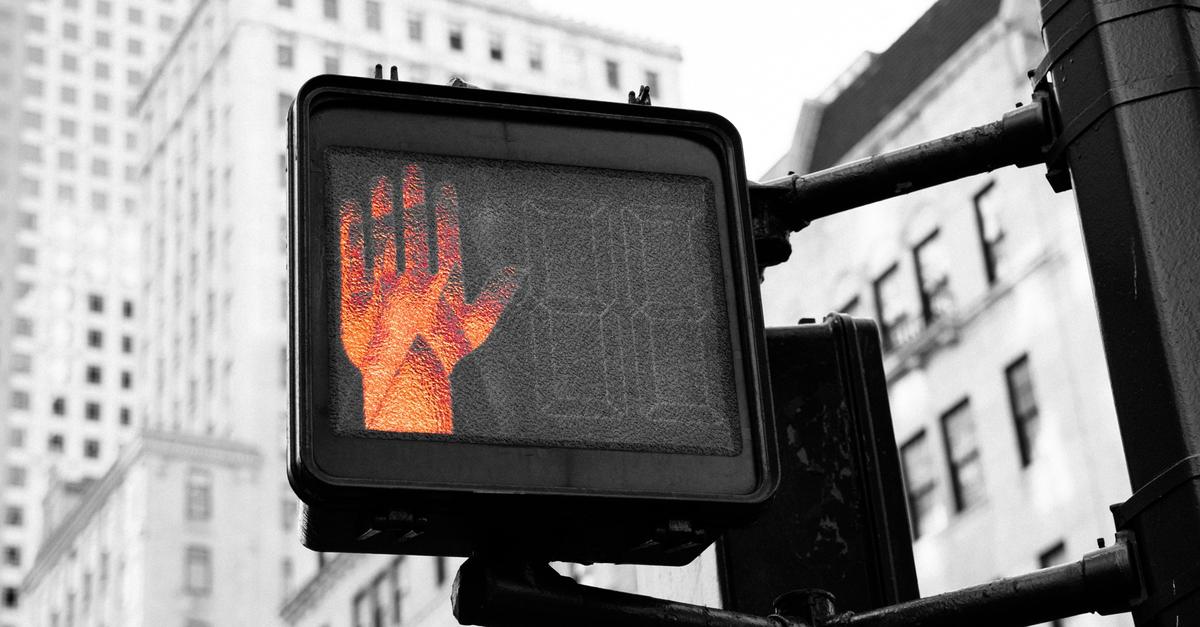Share
What Happens When You Go Over Your Credit Limit?


When you go over your credit limit, credit card companies will essentially place your account in a “flagged status” on their internal system. When this occurs, it is extremely likely that they will decrease your total credit limit (counter-intuitive logic I know), close out your account altogether and prevent you from making additional charges, increase your interest rates and even implement over charge fees (usually $25 fee the first time it happens). This will also be detrimental to your credit since you will be over 100% utilized on your credit limit. Most credit card companies allow this, but if you are seen as habitually going over your credit limit, they may prevent this from occurring in the future.
Your credit will take a significant hit and lenders may lower your limits on all other lines of credit. Once you are above your credit limit, creditors will see you as much more likely to default on your debt obligations. Due to the “universality” of credit reporting, this means that your other credit card limits may be lowered and cut.
Preventing the Problem from Happening in the Future
Always try to keep each individual line of credit below 30% utilization. If your near your limit it's very likely you'll get rejected for a new credit card. In many regards, credit has a negative reinforcement loop. So being seen as a high-risk borrower will negatively impact your credit availability on your other accounts. The best way to avoid this happening altogether is by spreading your debt out on different accounts/lines of credit. What is even better than this is to be proactive about your spending and your credit availability. Understand, that lenders can lower your limit for any reason at all, so it really is best to understand how the system works. You should look to pay your balances off regularly and always update your self-reporting income, so that credit card companies increase your limits on a regular basis.
Try to More Effectively Manage an Emergency Savings
When you have an emergency savings fund you tend to be more well-prepared so that if you do happen to go over your credit limit, you’re not at risk of defaulting. However, it’s also likely that if you are over your credit limit you’ll likely have already used up your emergency savings. In which case, sometimes life places us in between a rock and a hard place and we don’t always have a clear path ahead. To prevent these scenarios from happening again in the future it’s important that we try to be as financially prepared as is possible. Now that isn’t always an easy thing to do given the circumstances we may be dealt but it’s something to strive for and try to more effectively manage as we progress.
Your Credit Limit Serves a Purpose
Your credit limit is meant to be a limit and for good reason. It’s meant to serve a purpose and that purpose is to tell you, you’ve approached the maximum amount of dollars you have available to borrow. Now limits can go up in down based on your credit history and self-reported income but they're in place for a reason. When you approach a limit it’s prudent to be wise about your spending habits as you are nearing a turning point in which you could possibly default due to being so near to the credit limit.
Options for Those Near their Credit Limit
Those near the max on their credit limit might want to consider enrolling with a debt relief company in order to better manage their financial situation and find out a way out of the current predicament they find themselves in. Otherwise your last resort would be bankruptcy.